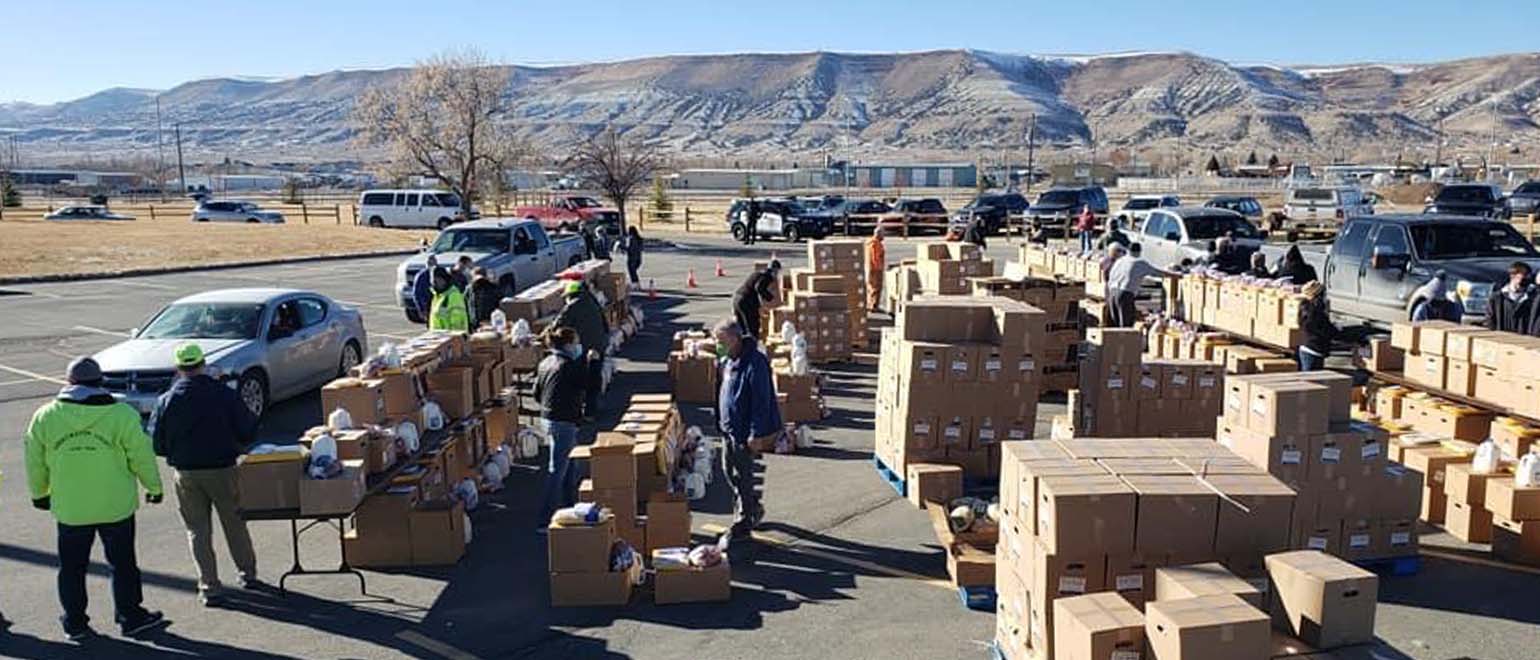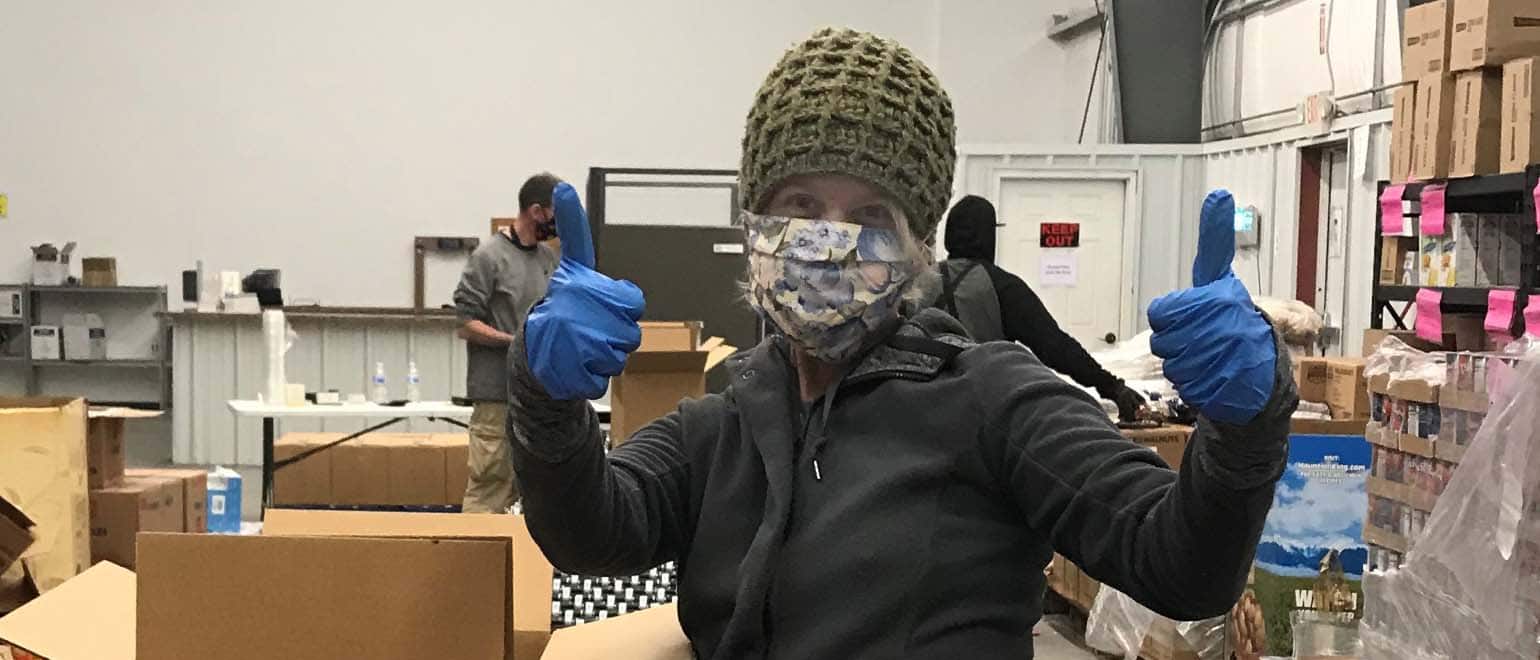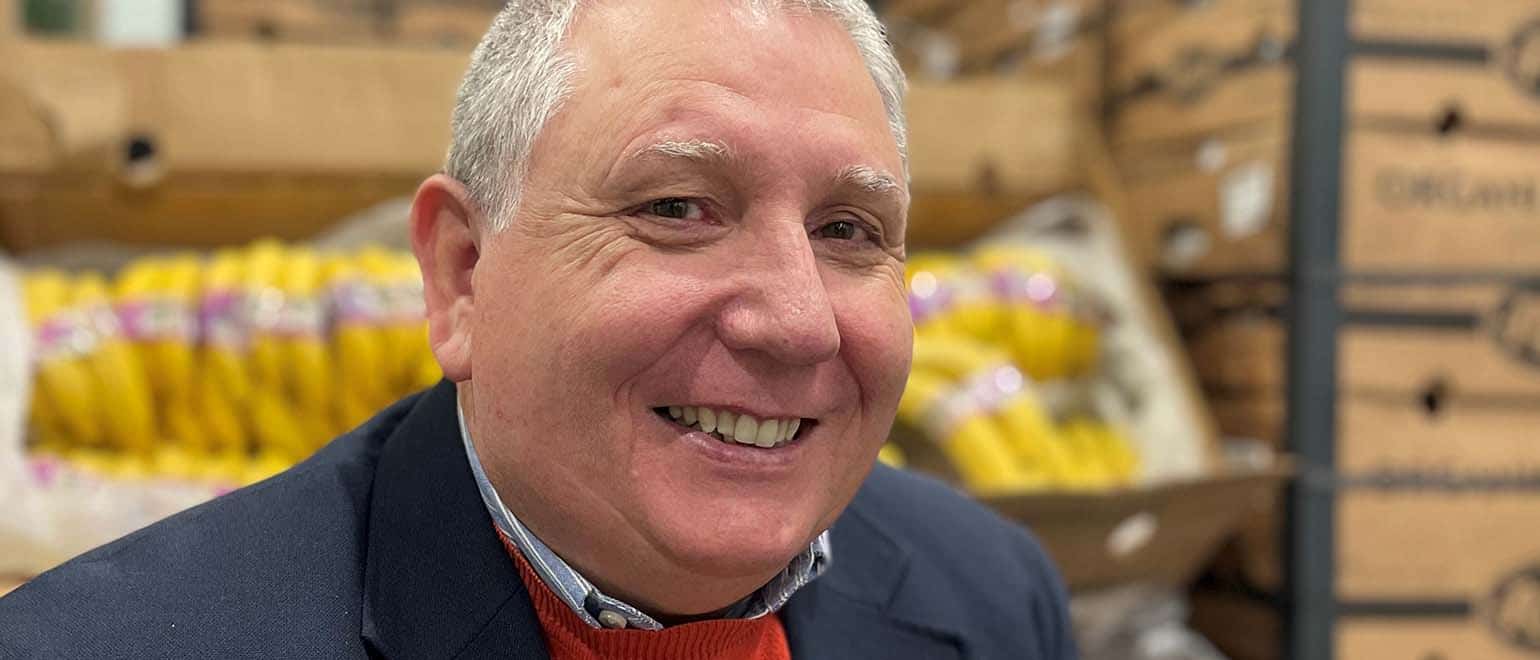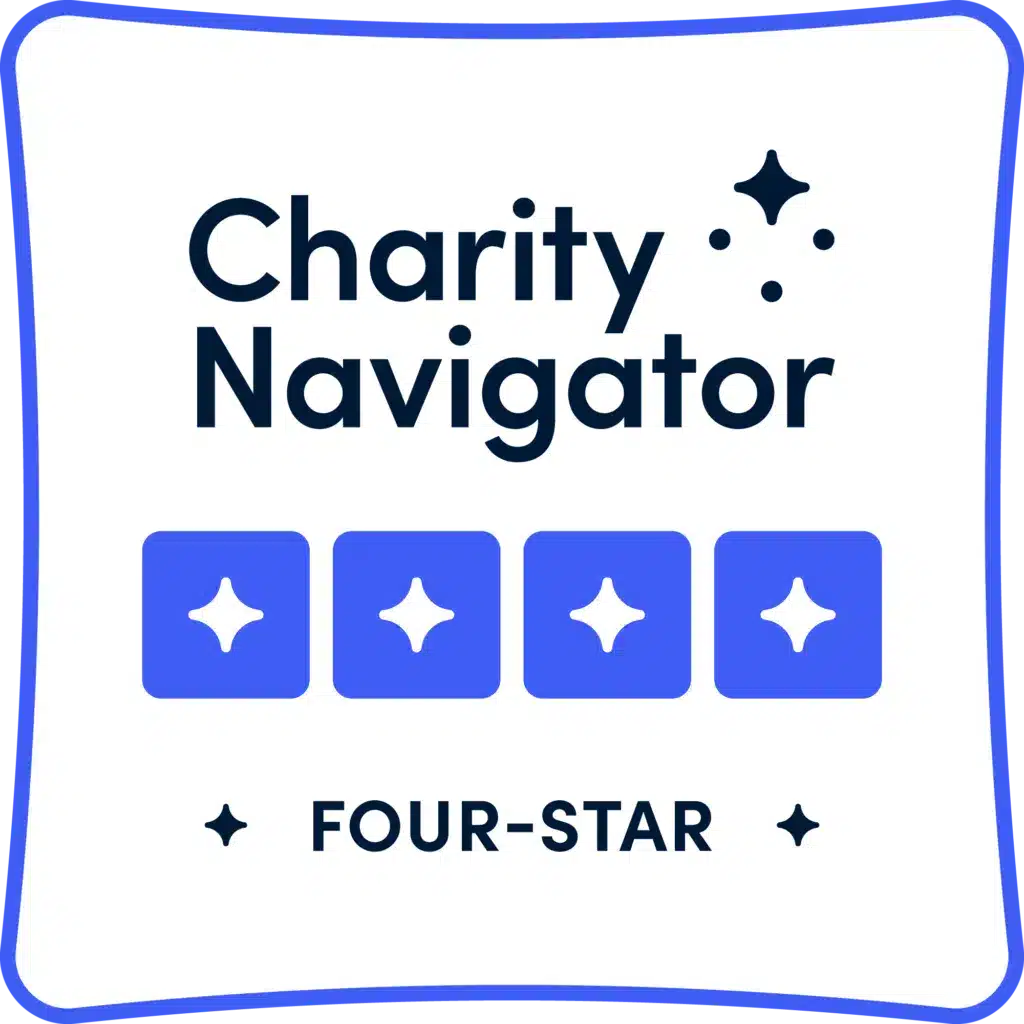
Tony O. Woodell has devoted his career to nonprofit management. His experiences have taken him around the world and into the orbit of rock stars, both ordinary people doing extraordinary things and, well, an actual rock star.
But over the years, Tony’s heart and soul remained in Wyoming, where he spent most of his youth. Tony had been director of Food Bank of Wyoming for only a few months when the pandemic hit. As the consequences of the pandemic mounted, Tony admits that he had a “holy cow” moment, thinking “what have I gotten myself into?” He also said, “More than that, I really felt as if …I was in the right place at the right time.” The skills he had developed all came together to help him face an unprecedented situation in a place that means so much to him.
Your return to Casper after many years away was intentional. Why?
Part of the reason I love my job is because I feel that I am making an impact on the communities that invested a lot of time and energy in me growing up, and giving back to those same communities is an important part of why I’m pleased with what I do. Nonprofit management is what I’ve been doing almost all of my adult life. I’ve been in small nonprofits, and I’ve been with huge nonprofits—and everything in between—and I feel as if all of that background has led me back to Casper.
Who or what inspired your commitment to serving and making the world a better place?
I was always very connected to church growing up, so that played an influence. Both of my parents were huge inspiration points for me: my dad being the rough, tough oilman, but also the man who would give you the shirt off his back, and my mother being the religious driver of the family and making sure that I had that good holistic background.
I also have been influenced heavily by people that were around me in high school and college that had an international (background) … they allowed me to see needs in a different way, to see that I should have an impact on those needs rather than looking at them as something “foreign” or something I shouldn’t connect with. They really taught me to engage, and I think that helped too.
What was going through your mind when it became clear economic devastation for so many was on the horizon due to the pandemic?
The first thing I thought about was “leaning in” and how we could do our part to alleviate some of the issues people were facing. Wyoming has a lot of wind, sometimes you have to lean into the wind in order to get where you’re going. It may be a bit difficult, but if you’re willing to lean in and do the things necessary, you’ll get to your destination. I share that with my team that we’re “leaning in” … to do those extra things necessary to get food out to the people of Wyoming.

Did the pandemic add an urgency that made you reach some of your goals even more quickly than you imagined?
We had crafted a five-year plan during my first months here. We’ve met almost all of those goals. The other side of that is, it propels us into the future and gives us an opportunity to make an impact long-term.
It’s said that you once met a famous rock band. Confirm or deny.
(Amused look.) I can confirm that I met Bono, of U2, when I was with Heifer International. He was there in support of the ONE Campaign, to make a difference in hunger around the world. He’s much quieter than you’d think he is, not as outspoken. He is also very personable; he cares about people a great deal.
Give three words describing why Wyoming is so special.
(1) Fishing. (2) The mountains are absolutely gorgeous during the summers. (3) The people have a sense of rugged individualism but also are willing to do anything they can to help you. I think that combination is a unique feature of Wyomingites.




